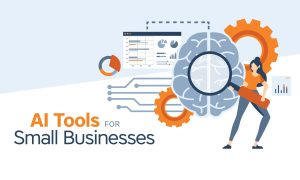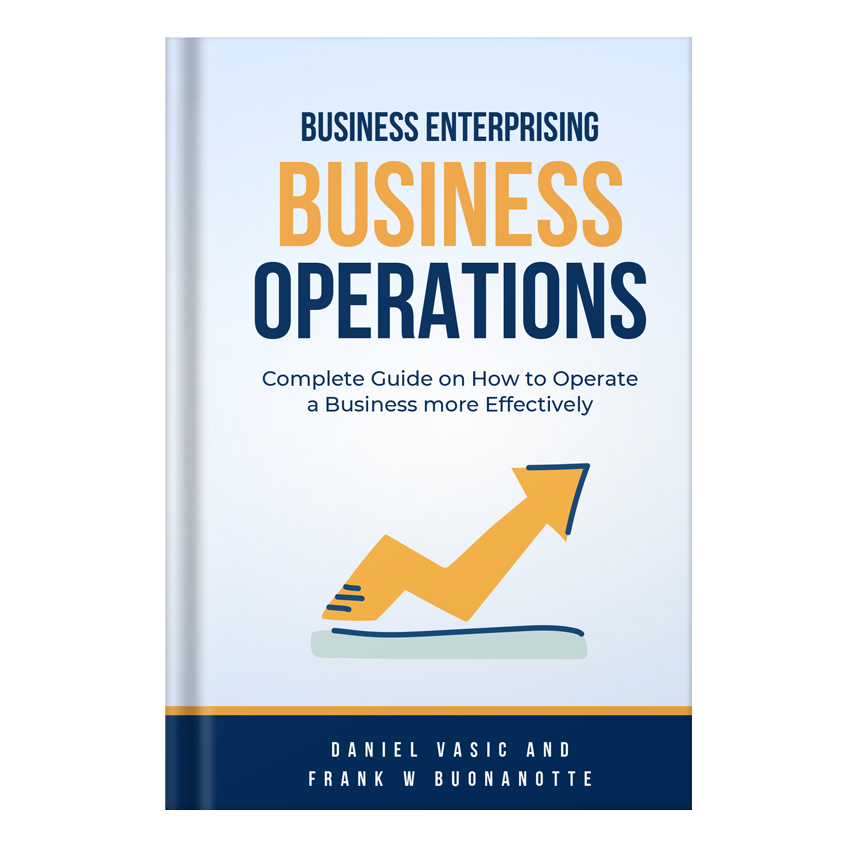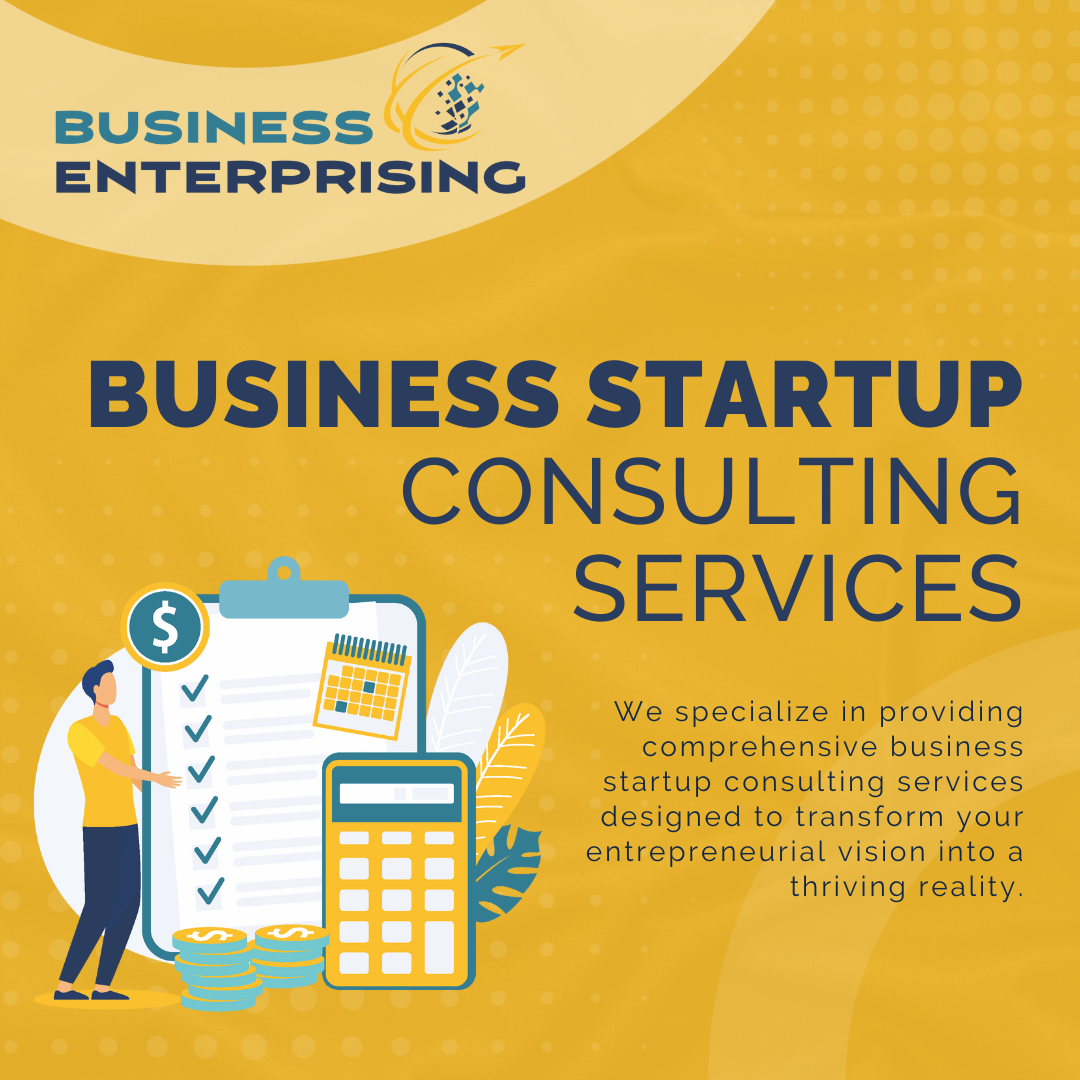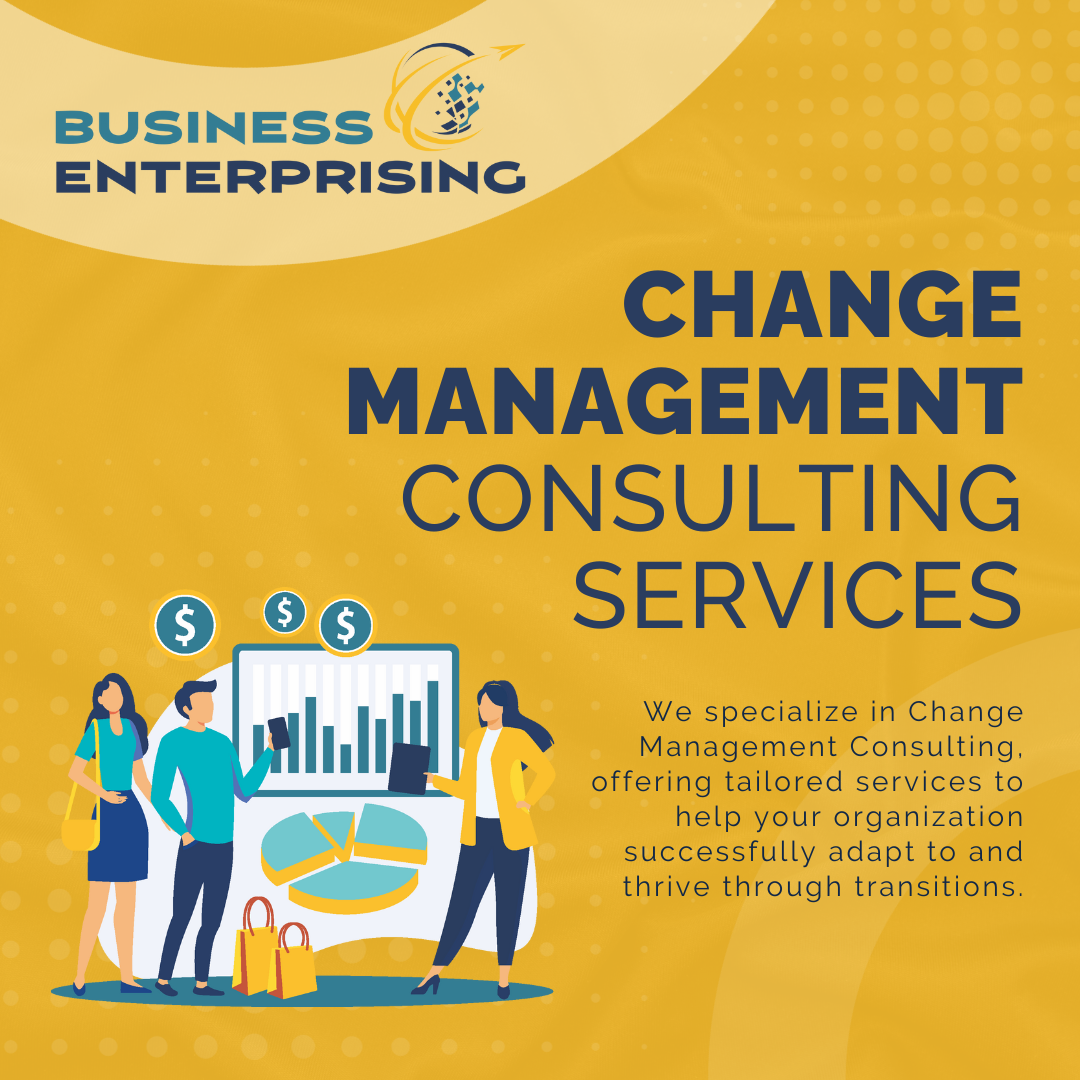AI Tools for Small Businesses
Artificial intelligence (AI) is no longer just a tool for large corporations with deep pockets. AI tools are now accessible and highly beneficial for small businesses. They offer a range of solutions tailored to their unique needs. From improving operational efficiency to personalizing customer interactions and optimizing marketing efforts, AI can significantly enhance various aspects…
Read articleUsing Excel for HR Management
Excel is a powerful tool that goes far beyond simple spreadsheets. It offers a wide range of functionalities that can significantly enhance HR management. From tracking employee data and managing payroll to evaluating performance and generating insightful reports, Excel provides HR teams with the tools they need to streamline processes and make informed decisions. Below…
Read articleGrowth Hacking
Growth Hacking has emerged as a powerful strategy for businesses aiming to achieve rapid and scalable growth. Unlike traditional marketing, Growth Hacking focuses on experimentation, data-driven decision-making, and innovative techniques. This is done to quickly expand a company’s user base and revenue. Originating in the tech startup world, this approach combines elements of marketing, product…
Read articleKaizen
Kaizen, a Japanese term meaning “change for better,” emphasizes continuous improvement and small, incremental changes. Originating in the manufacturing industry, Kaizen has become a fundamental approach to enhancing efficiency. It also addresses quality and overall performance across various sectors. By focusing on regular, manageable improvements, This approach empowers employees at all levels to contribute to…
Read articleBusiness Process Reengineering
Business Process Reengineering (BPR) is a strategic approach that allows organizations to achieve dramatic improvements in performance by fundamentally rethinking as well as redesigning their core processes. Originally developed in the 1990s, BPR has been widely adopted across industries as companies seek to enhance efficiency, reduce costs, and also improve customer satisfaction. Unlike incremental improvement…
Read articleLean Six Sigma
Lean Six Sigma is a powerful methodology that combines the principles of Lean and Six Sigma to drive process improvement and operational excellence. Originally developed in the manufacturing sector, it has since been adopted across various industries due to its effectiveness in enhancing efficiency and quality. This process improvement methodology focuses on reducing waste and…
Read articleBusiness Scaling and Growth
Scaling a business is an exciting yet challenging phase that requires careful planning and execution. As companies grow, they must navigate a range of complexities to ensure sustainable expansion without compromising quality or efficiency. This process involves more than just increasing output; it requires a strategic approach that considers market readiness, business model scalability, financial…
Read articleSales Strategy and Optimization
In today’s competitive business environment, a well-defined sales strategy is crucial for achieving success and driving growth. Sales Strategy and Optimization encompass a range of practices designed to improve how businesses attract, engage, and convert customers. Whether it’s understanding your target market, refining your value proposition, or leveraging technology, each element of your sales strategy…
Read article





















